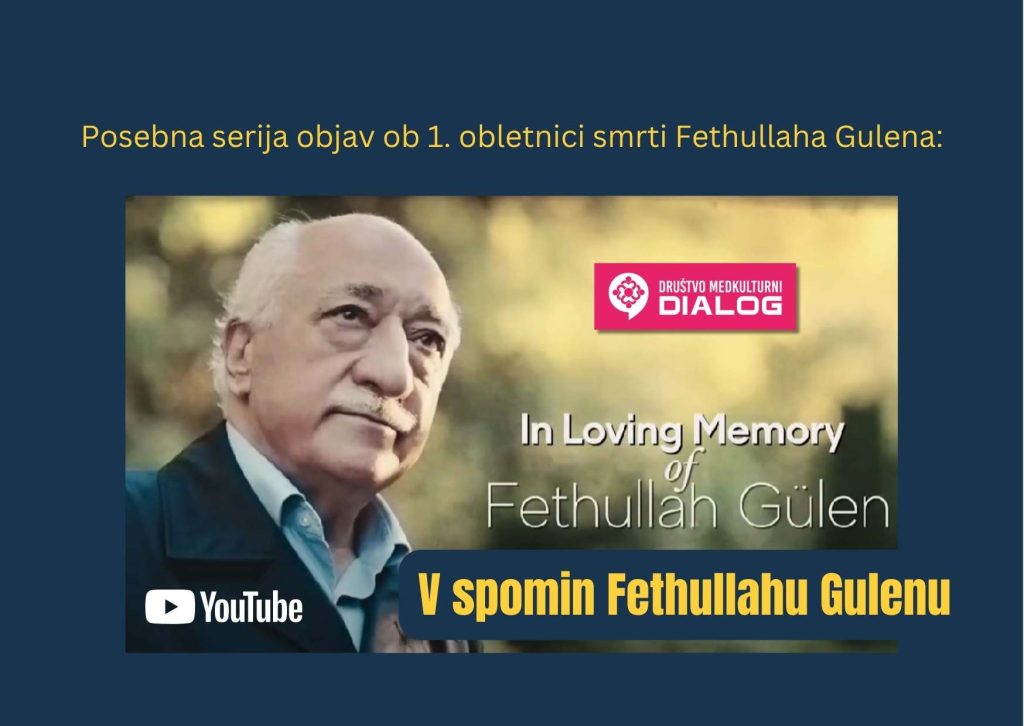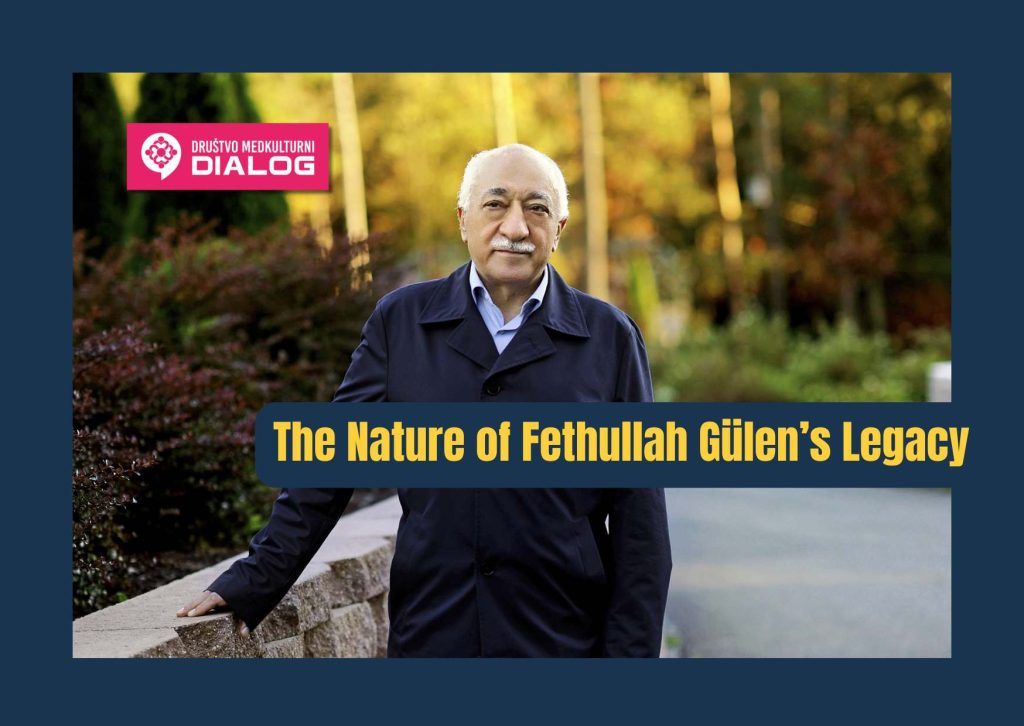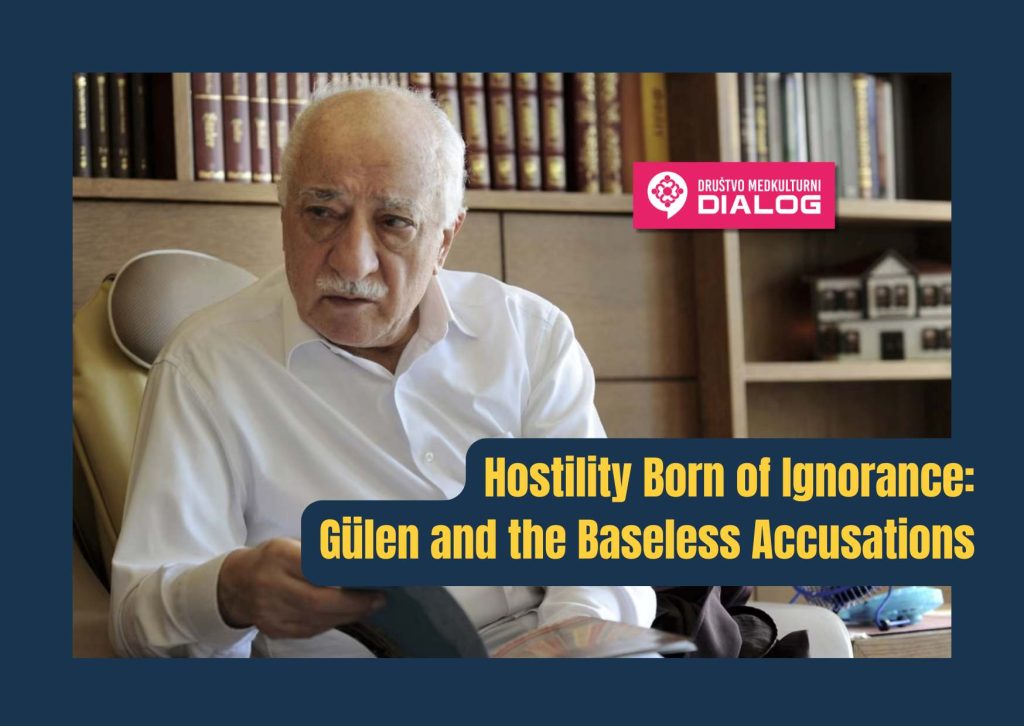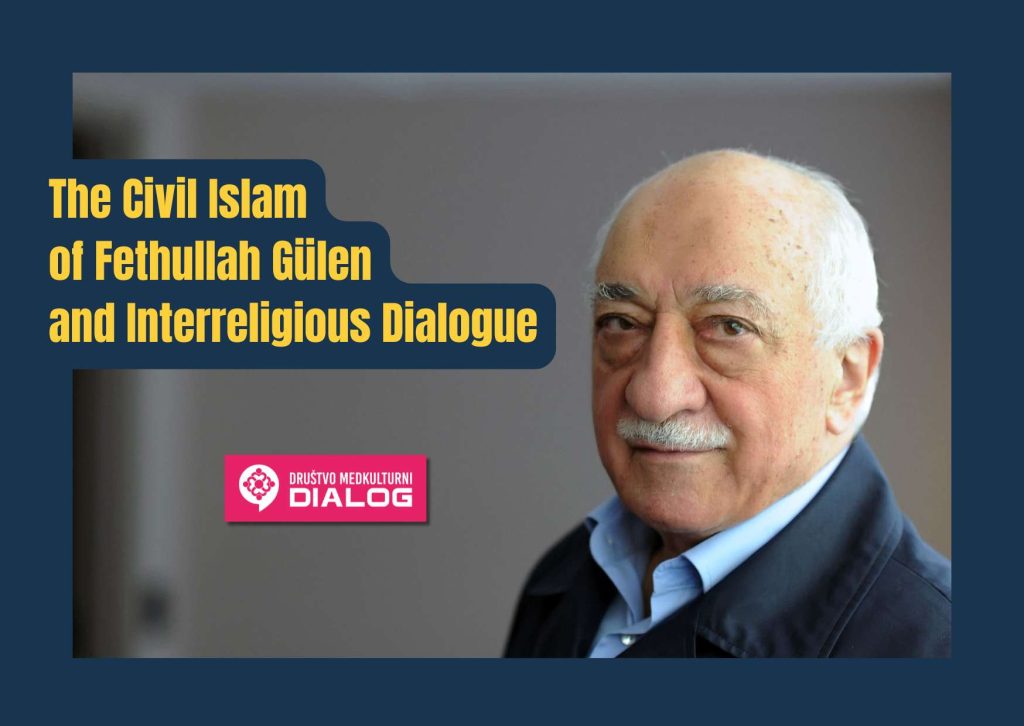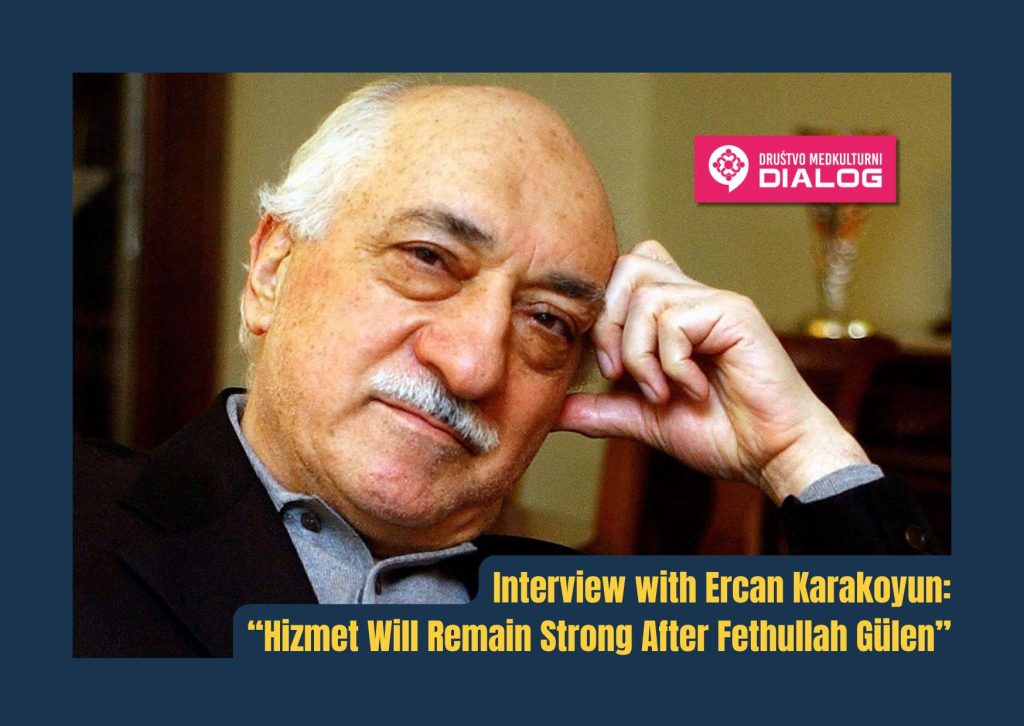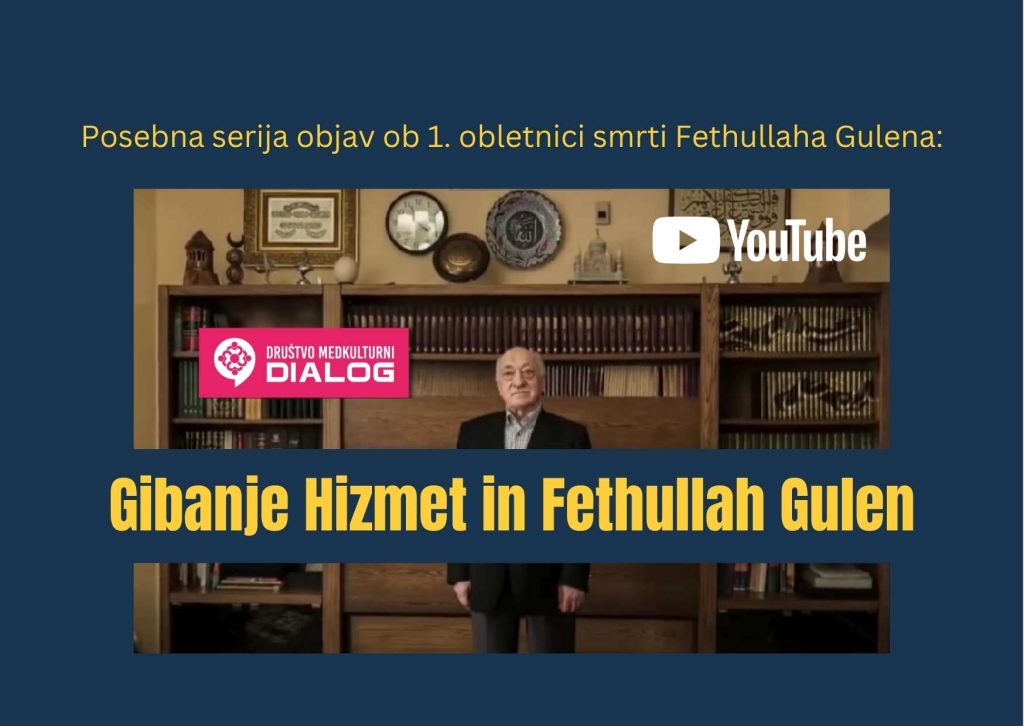As part of the open iftar dinners in the month of Ramadan, we also organized socializing and dining in the premises of Radio Študent. The radio team that sat down at our table also conducted a short interview with the organizer of iftars, Furkan Guner. The interview is posted on their website in Slovene, and we are sharing it here in English.
RŠ: What is an iftar?
Furkan: Iftar is a dinner that is served every day at sunset during Ramadan, which is the ninth month of the Muslim calendar when Muslims fast. Most people invite their friends, most of the time they also take more time to prepare, prepare something special. And of course, they also enjoy it more, because they haven’t eaten anything all day. It’s also a social event. In Turkey, as well as in other Muslim-majority countries, Ramadan is a really special time. Throughout the month, people focus on this celebration — even those who don’t fast. That is why our society is organizing this iftar project – Muslims live here too, and this is a really important event in our lives. On the one hand, we wanted to feel this atmosphere a little more here as well, but at the same time we wanted to somehow share it among our acquaintances and friends. So far, every year it is nicer, every year we expand the Ramadan atmosphere a little here as well. Ramadan is more than a religion… Although it comes from it, it is actually about humanity, about the tradition of hospitality. Every iftar is an opportunity for every Muslim to express and experience hospitality.
RŠ: How long have you been organizing these iftars?
Furkan: Maybe five years or so – the association MKD is already 18 years old. Of course, it is a tradition for Muslims to gather for iftars at this time, but then we thought: why don’t we also invite people who are not Muslims, if we live in Slovenia? Because it is not a rule that only Muslims should socialize – as I said, it is about humanity. So we started organizing open iftars. And of course, when we eat, we talk about different topics, not just the traditions of Muslim cultures – different cultures come together… Slovenians are coming, of course, but also people from Russia, Afghanistan, America … At the moment, we organize five or six iftars a week, some in the homes of Muslim families, of course for fewer people, some in our office, which we have had for a year in the center of Ljubljana, and every year we also invite a few organizations and organize iftar with them. This circle is slowly expanding, every year maybe one new organization and, of course, new people. And everything is going for the better – both with our volunteers, who are increasingly supporting the project, and with the guests, who, it seems to me, expect us to organize iftar together again every year. On behalf of MKD and myself, I really thank all my friends and guests who attended iftars last year, this year, and even before … and I look forward to the future ones as well.

RŠ: What else does MKD do besides iftars?
Furkan: Our motto is: have a place for everyone in your heart. For example, we participated in the project Let’s Pop up the Bubbles, as part of which we organized two camps for Turkish and Slovenian families – this project was really great.
RŠ: Your website also mentions the principles of the Hizmet movement, led by Fethullah Gülen. What is Hizmet?
Furkan: It is a civil association movement that seeks to create a culture of coexistence. It’s meant to make people understand each other better. It organizes cultural events and devotes itself to universal human values. In some countries, it is also involved in humanitarian aid and education. But the main thing is interreligious, intercultural, international dialogue.
RŠ: But in Turkey, mentioning the Hizmet movement would be a political act…
Furkan: Yes, unfortunately, this is quite a political thing. Although the movement is not a political party. In Turkey, it would probably not be possible to make this public or to talk about it.
RŠ: Have you ever encountered an accusation of Islamism or Islamophobia in your line of work?
Furkan: No, we haven’t had a bad experience in Slovenia so far, because people accept it as a cultural asset. Even at iftars, we don’t just talk about Islam. Above all, we want to offer everyone the opportunity to experience iftar and for people to understand it as a cultural exchange.
RŠ: You’re also working on a show called Enolončnica at our radio station. What is your show about?
To begin with, we have to say that three years ago, when I did my training at the radio, I started from scratch. Of course, it’s getting better every day, this Saturday (March 15th) will be, I think, the 39th episode. We talk about migration, integration and similar topics. The show is also essentially about cross-culturalism, isn’t it? People in Slovenia are basically interested in what migrants are doing here, what they are planning, how they see Slovenia … And I ask them that, and they answer openly what they do, how they live, what kind of families they have. I am trying to create a space without barriers, because migrants already see how Slovenians live and work, but Slovenians very rarely see how migrants live. Of course, I understand this term very broadly here – regardless of where, why and what people came to Slovenia from – really mixed, stew (Slovene enolončnica). And every migrant guest on the show makes our Stew tastier!

